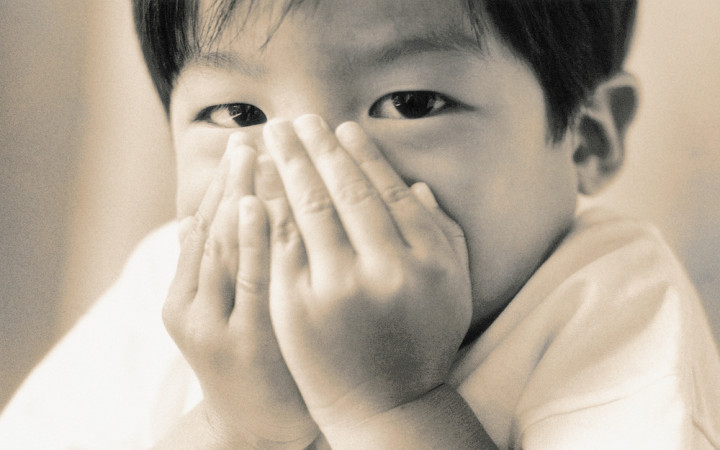Today’s Wonder of the Day was inspired by WonderTeam. WonderTeam Wonders, “What are Spoonerisms?” Thanks for WONDERing with us, WonderTeam!
Does your brain sometimes go faster than your mouth? If you're like most kids, that definitely happens from time to time. Your brain races along at light speed, but your lips and tongue struggle to keep up. When that happens, funny things often follow.
Slips of the tongue—when you accidentally switch consonants, vowels or sounds in words—are called Spoonerisms. They're named after Reverend William Archibald Spooner, who was Warden of New College in Oxford, England. Poor Reverend Spooner was known for constantly mixing up his words!
Spoonerisms are particularly funny when the mixed-up versions still make sense. Sometimes slips of the tongue make no sense at all. At other times, though, what comes out is a real word or phrase — it's just not the one you intended!
Because of how funny the results of these errors in speech can be, people sometimes use them on purpose as a play on words. When you read some of the examples below, you'll see what we mean!
Here are some examples of Spoonerisms that are commonly attributed to Reverend Spooner, although it should be noted that he may not be responsible for all of these:
"Is it kisstomary to cuss the bride?" (Is it customary to kiss the bride?)
"The Lord is a shoving leopard." (The Lord is a loving shepherd.)
"A blushing crow." (A crushing blow.)
"A well-boiled icicle" (A well-oiled bicycle.)
"Is the bean dizzy?" (Is the Dean busy?)
"Someone is occupewing my pie. Please sew me to another sheet." (Someone is occupying my pew. Please show me to another seat.)
Today, Spoonerism is used to refer to any slip of the tongue in which the sounds of words are mixed up. It doesn't have to be a letter-for-letter mix-up, and it doesn't have to be just the beginning sounds of the words. Any funny speech slip-up is likely to be dubbed a Spoonerism.
Standards: CCRA.L.3, CCRA.L.6, CCRA.L.5, CCRA.R.1, CCRA.R.2, CCRA.R.4, CCRA.R.10, CCRA.W.3, CCRA.W.4, CCRA.L.1, CCRA.L.2, CCRA.SL.1




